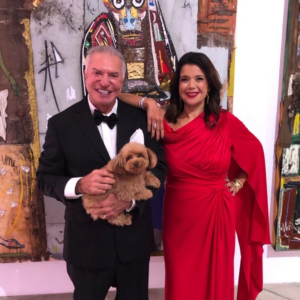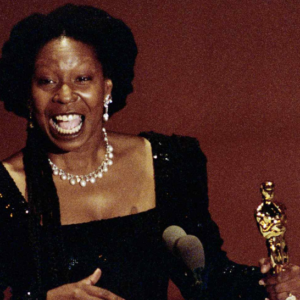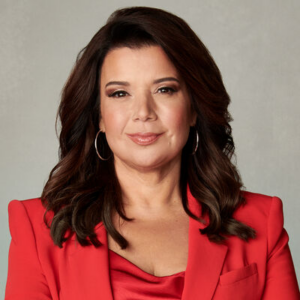Alyssa Farah Griffin said she hated Whoopi Goldberg because she had a trait that reminded her so much of her own mother: “Every time she sees me, she feels like throwing up…”
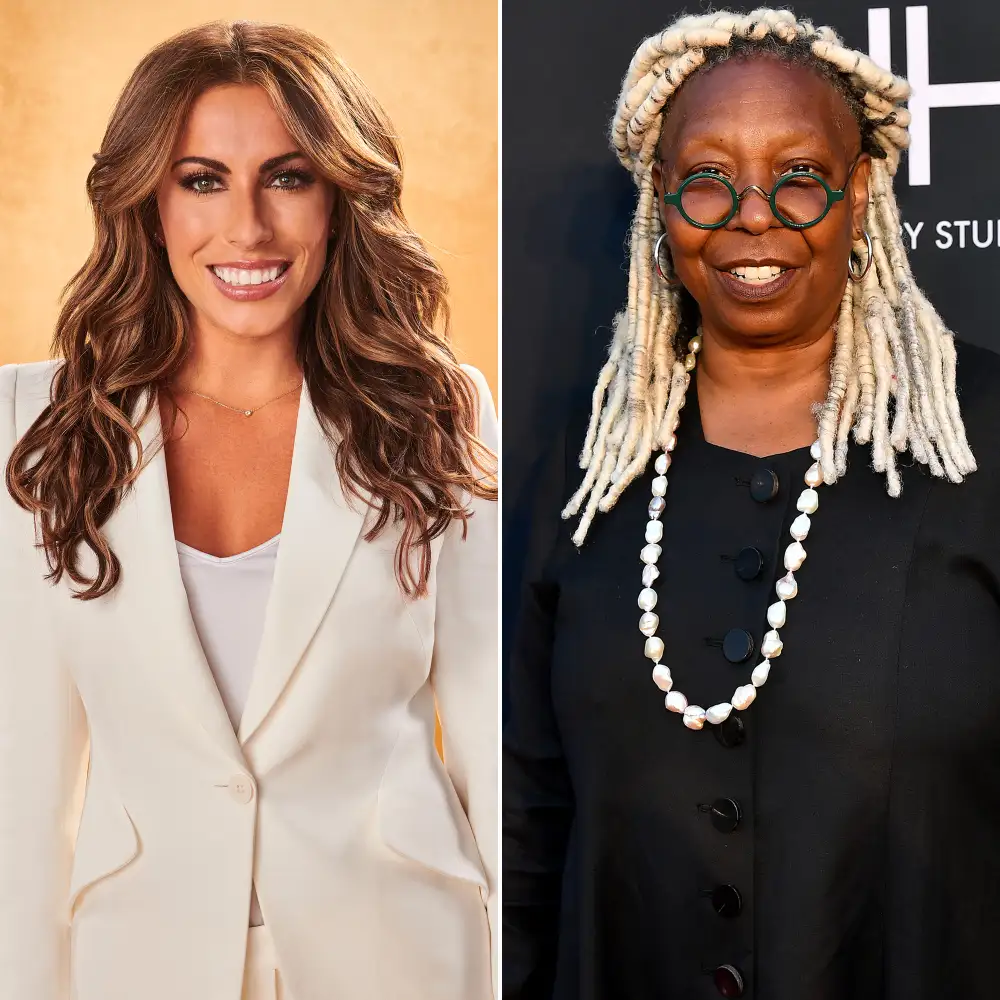
Image: Getty Images
In a compelling episode of *The View*, Alyssa Farah Griffin opened up about her complex feelings toward fellow co-host Whoopi Goldberg, revealing a surprising layer to their relationship. Griffin admitted that Goldberg reminded her of her own mother in ways that triggered deep-seated emotions and reflections about family dynamics. The statement, “Every time she sees me, she feels like throwing up,” encapsulates the intensity of their interactions and paints a vivid picture of the tension that can exist in relationships between mothers and daughters.
Exploring the Family Dynamics
The comments made by Griffin highlight a common theme in many familial relationships — the struggle to reconcile personal identity with inherited traits. In the episode, Griffin candidly discussed how Goldberg’s presence often evokes memories of her own childhood, influencing her perceptions and interactions with women in her life. This phenomenon is not uncommon, as many individuals notice recurring patterns influenced by parental figures.

Image: Getty Images
Both Griffin and Goldberg share the experience of navigating the expectations placed upon them by society and family. Griffin noted that Goldberg, like her mother, embodies a certain strong-willed independence that can come across as intimidating. This has undoubtedly affected Griffin’s feelings, propelling her to confront her own perceptions of authority and femininity.
The Impact of Strong Female Figures
Whoopi Goldberg’s lifelong career as a comedian, actress, and talk show host has made her a role model for many. However, her candidness about her own experiences with relationships and marriage illuminates a different side of her persona. On *The View*, Goldberg regularly discusses the complexities of love and independence, advocating for women to be confident in their decisions regarding relationships. Griffin, while acknowledging this strength, also expressed how it strikes a nerve for her due to her personal history.
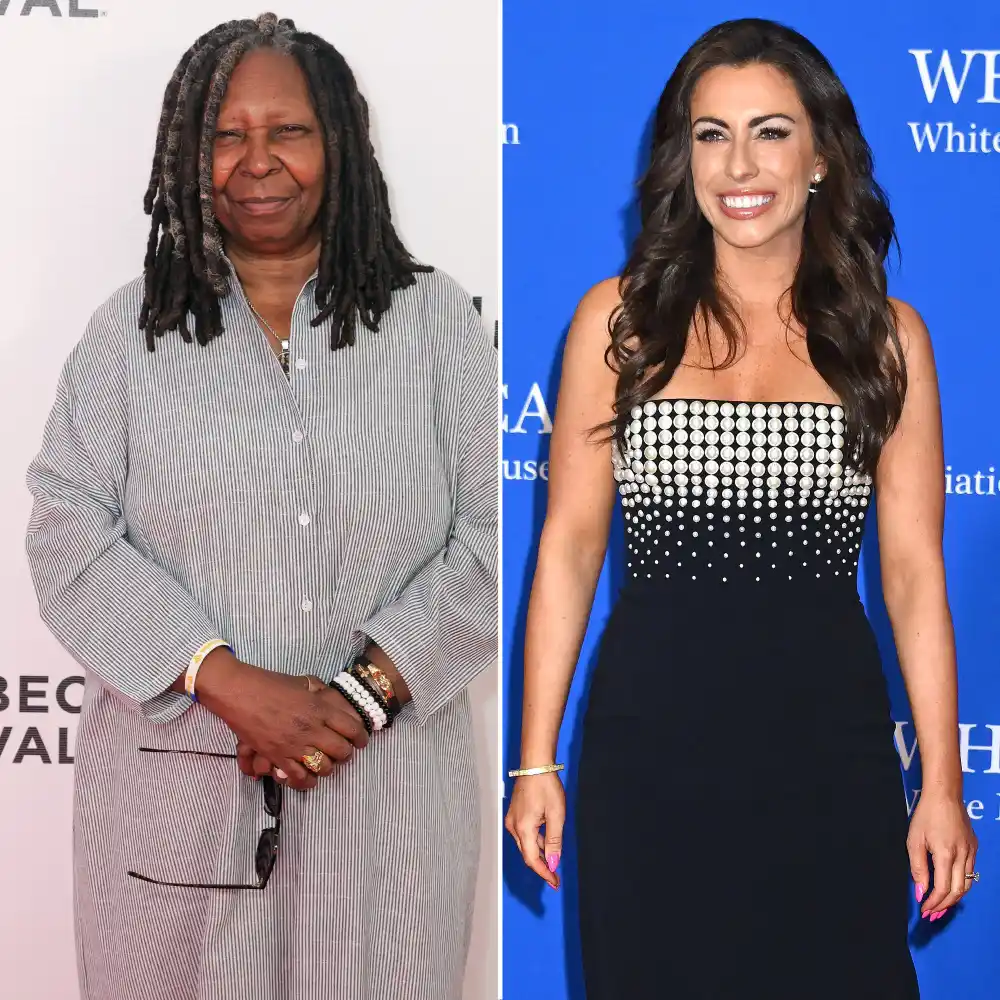
Image: Getty Images
- Societal Expectations: Goldberg’s nontraditional views on marriage challenge the expectations often placed on women.
- Personal Reflections: Griffin’s remarks reveal how familial relationships shape our perceptions of others.
- Modern Interpretations: The discussion signifies a broader interpretation of womanhood in today’s society, leading to diverse paths in life.
The Cultural Shift in Perspectives on Women and Relationships
The discourse around women choosing to embrace independence rather than adhere to traditional marital roles is prevalent today. The conversation in *The View* encapsulated a cultural trend where women are increasingly prioritizing personal growth and career advancement. While Griffin’s remarks about Goldberg were steeped in emotional complexity, they also underscore a necessary dialogue about changing female archetypes.

Image: Getty Images
Goldberg’s influence as a strong female figure combines with Griffin’s acknowledgment of familial patterns, setting the stage for a larger conversation about self-identity. In a world where women are redefining their roles, Griffin’s sentiments reflect an ongoing struggle to balance personal desires with societal pressure.
By airing these candid discussions, *The View* provides a platform for women to navigate their feelings toward relationships, empowerment, and individuality. This not only empowers viewers but also invites them to explore their own familial dynamics and personal relationships with empathy and understanding.

Image: Getty Images
In closing, the insights shared by Alyssa Farah Griffin about her interactions with Whoopi Goldberg shed light on the intricate nature of relationships shaped by family influence and societal expectations. As we navigate the complexities of womanhood, it is essential to recognize and celebrate both our differences and our commonalities. For those seeking to explore their own insights into relationships and identity, consider tuning into *The View* where these timely discussions continue to unfold.
Join the conversation and reflect on your own experiences with family and empowerment.

